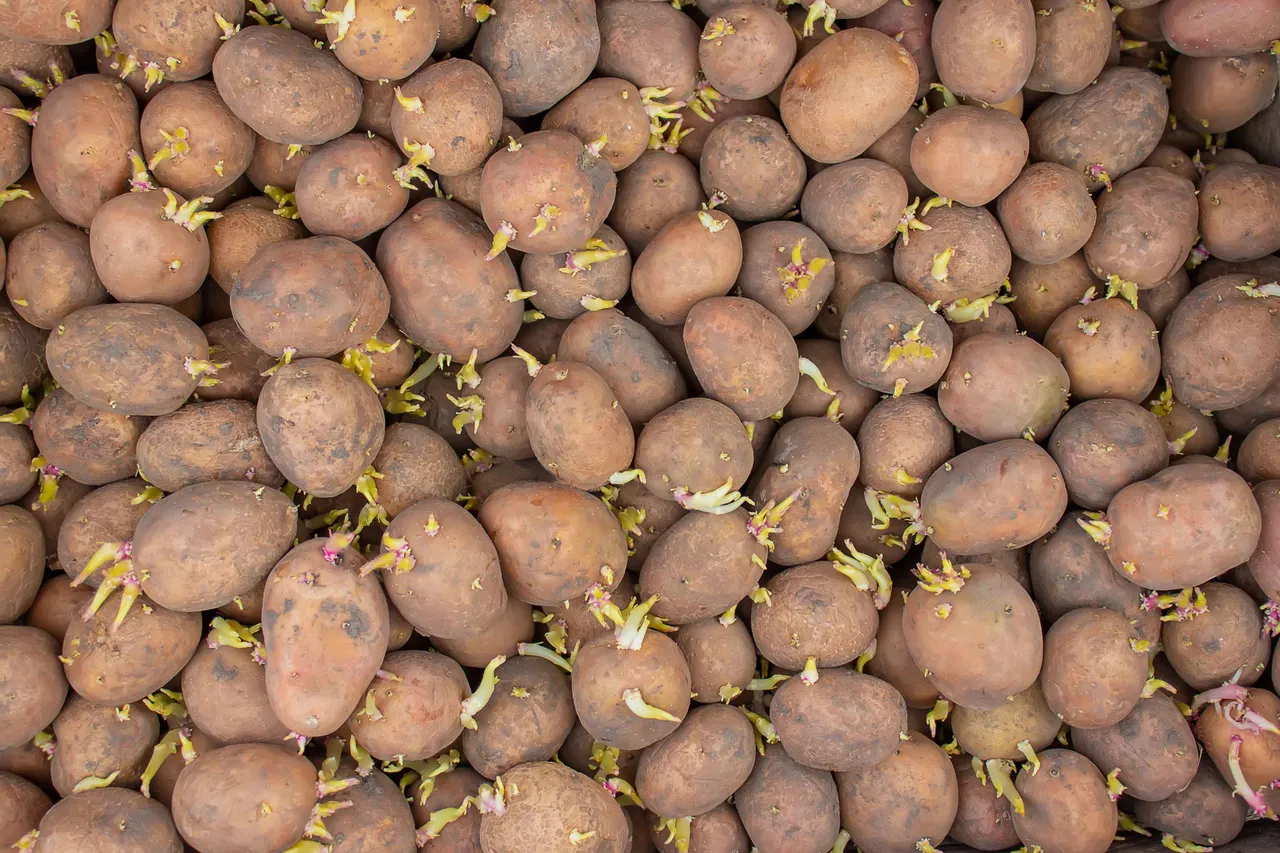Potatoes are one of the most loved vegetables worldwide, enjoyed in various forms. Whether boiled, fried, or thinly sliced and crisped, their versatility makes them a staple in almost every kitchen. Loved for their taste and texture, potatoes hold a special place in the hearts of food lovers. From simple boiled preparations to indulgent fried snacks, potatoes cater to diverse culinary preferences, earning them global popularity.
Potatoes are packed with nutrients like carbohydrates, calcium, iron, potassium, zinc, phenolic acid, and antioxidants. Despite the common belief that potatoes cause weight gain, this is not entirely accurate. While they are rich in carbohydrates, which can raise blood sugar levels, they also contain potassium, which helps control blood pressure. Boiled potatoes are a healthier option compared to those fried in oil, as frying adds excess calories and unhealthy fats.
However, excessive consumption of potatoes comes with risks. People with diabetes should avoid potatoes as their high carbohydrate content can increase blood sugar levels. Similarly, those with blood pressure issues should limit their intake, as overeating potatoes can aggravate the condition. Additionally, potatoes, being naturally hot in nature, can lead to digestive problems, vomiting, or diarrhea if consumed in excess. Moderation is key to enjoying their benefits without adverse effects.
Health experts recommend consuming potatoes sparingly, ideally once every two to three days. When prepared in a balanced way, they can be a nutritious addition to your diet. However, being mindful of portion sizes and preparation methods is crucial to prevent potential health risks. Potatoes, though a beloved vegetable, remind us that even our favorites are best enjoyed with care and moderation.
